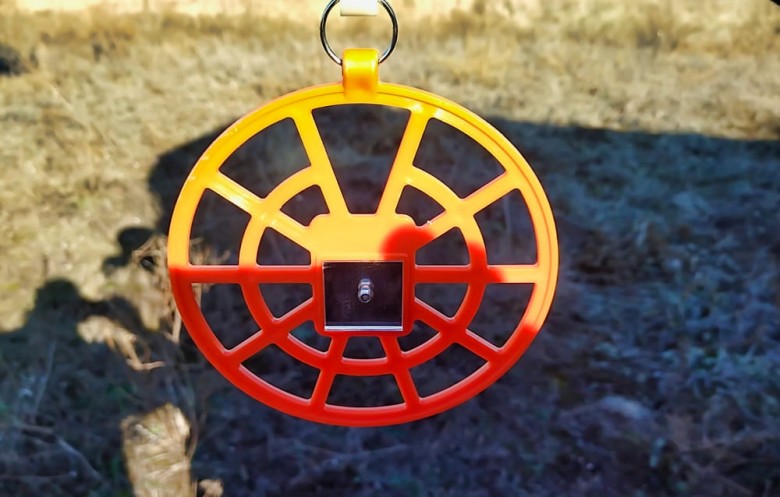DTEK Donetsk Grids to install reflective diverters to protect bird in the Meotida National Natural Park

Setting up such reflective diverters is a worldwide practice. When attached to overhead high-voltage lines, they make them visible to birds in flight. Now DTEK Donetsk Grids is installing such protective devices in the Belosarayskaya Spit reserve of the Meotida National Natural Park. Diverters are mounted on a 35 kV overhead line every 10 meters. Now birds will be able to see the obstacle in the dark and bypass it safely.
“Biodiversity conservation is one of the focus areas of our company, which is in line with the DTEK 2030 strategy based on ESG principles, values and business responsibility for progress in achieving the sustainable development goals of the UN Global Compact. We are installing 365 reflective diverters on high-voltage lines in the Belosaraiskaya Spit, which will protect the birds living here and migrating through our region from electric shock,” says Oleksii Degtyarev, Head of DTEK Donetsk Grids.
The company is monitoring the power lines systematically and installs bird protection devices. In addition to bird diverters, DTEK Donetsk Grids built 18 metal nesting platforms for storks, which preserve the bird population and protect them against emergency power line outages. According to ecologists, such an initiative will save about 200 white storks, 120 of which are chicks.
Also, as part of the ornithological safety program, DTEK Donetsk Grids is installing wooden nests for falcons in the Meotida National Natural Park.
* Meotida is a national natural park located in the Azov are in the Donetsk region. The Meotida Park is unique because of the variety of the landscape forms. There is a branched network of channels, estuaries, lakes, estuaries, bays, a significant diversity of morphohydrographic elements, such as remains of bedrocks, riverbed and coastal massifs, lagoons, spits. More than 60 monuments of archeology and culture, fragments of traditional buildings of Ukrainians, Greeks and Don Cossacks can be found now in the park. Unfortunately, because of hostilities in the national park in 2015, there is no security service, which entailed numerous violations and the loss of part of the bird populations.

